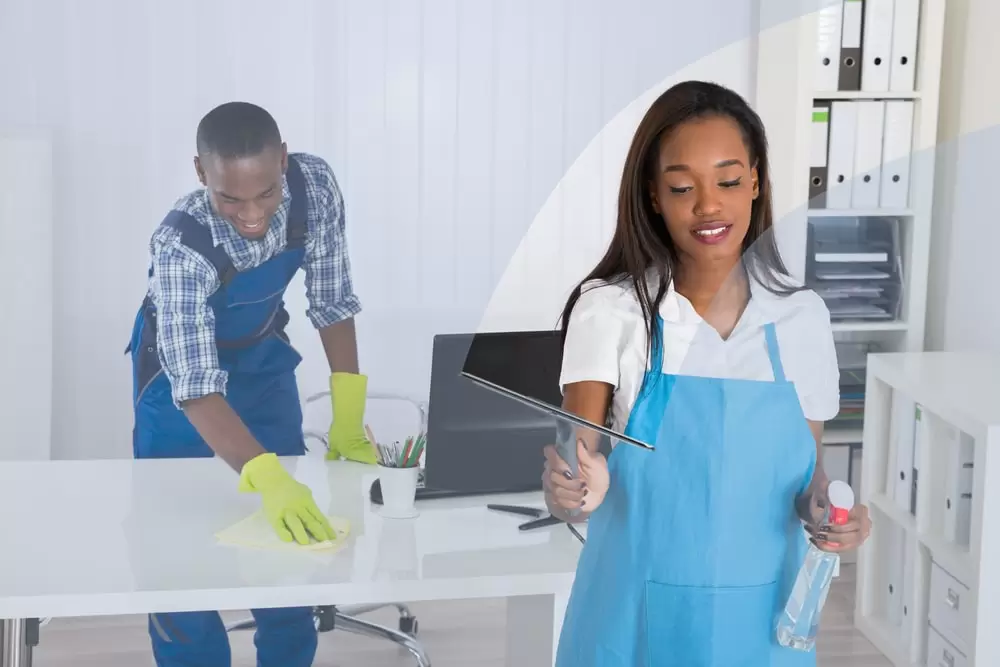There are many ways to protect your home from rainwater damage. You can clean your gutters regularly, install a french drain, install a french drain, and maintain a proper drainage system. Below are some of the best ways to protect your home from rainwater damage. The first thing you should do is check your gutters.
Cleaning Your Gutters Regularly
While cleaning your gutters is a great way to protect your home from rainwater damage, you should be aware of the dangers involved in gutter cleaning. You should wear a dust mask and sturdy ladder when working on your home’s gutters.
Falling leaves and other debris can clog your gutters, making it difficult to clear them. Ideally, you should clean your gutters once a year, though you may need to clean them more frequently if you live in a region with severe weather conditions or overhanging trees. Besides preventing water damage, gutter cleaning can also prevent harmful algae growth.
Installing A French Drain
Before installing a french drainage system for your home, you should know a few things. First, the right location for your new drain depends on the problem areas on your property, and consider the nearby elevation and soil condition. A french drain is generally installed in sandy soil. During the installation process, a professional can assess your property and advise you on installing the drainage system.
If you have a deep french drain, you need to install it below the footing, which is a depth of two feet or more. While this might seem daunting to you, it is relatively simple. During the construction of your house, it is easy to install a french drain. However, once the structure is complete, you may have to relocate walkways, decks, and shrubs.
Caulking Cracks
Before you can worry about water damage caused by rain, it’s vital to seal your exterior surfaces properly. Caulk will keep water out and prevent mold growth, but over time it can crack, allowing moisture to seep into your home and creating a breeding ground for bacteria. Make sure to apply the caulk as tightly as possible.
While caulking cracks is an inexpensive and easy way to protect your home from rain, select the right product for the job.

Water is one of the biggest enemies of concrete. Water gets into the cracks and breaks the concrete, leading to tripping hazards and unsightly scenarios. Additionally, water damages your home’s foundation and can cause expensive repairs. If you are not a handyman, consider hiring a professional company to caulk the interior of your home. Caulking can protect your home from rainwater damage, prevent rot, and make your home look better.
Maintaining A Proper Drainage System
Water damage is often a result of deep snowmelt and heavy rainstorms. When water runs off of snow or rain and lands on your property, it overwhelms the natural and manmade systems, causing damage to your home and yard. Before storms hit, prepare your yard and home for proper drainage. Proper drainage will prevent costly repairs down the road. Read on to learn how to do this.
Regular cleaning and maintenance of gutters are essential to avoid costly damage to your home and foundation. Ensure your drainage system is working correctly and prevent costly repairs down the road. You may consult https://www.klauer.com/ to help you with this.
Keeping Pipes From Freezing
While water damage inside a home is unpleasant, it can be a significant problem. Water damage is the second most common reason for homeowners’ insurance claims. During cold weather, disconnect hoses and drain water lines that lead to faucets. If a hose is not disconnected, standing water will freeze back into a pipe and cause it to burst, causing expensive damage to floors, walls, and foundations.
Ensure your pipes are insulated, as freezing pipes can burst and cause major headaches. Install water detection devices to alert you to water issues. You can place these near your furnace and water heater to warn you before the water gets to the house. Whether you’re away on vacation, you can follow these tips to protect your home from rainwater damage. While these steps won’t guarantee total protection, they will minimize your risks of water damage.
Water damage is the most expensive form of home damage, so prevention is essential. Don’t let a small leak turn into a major disaster.




